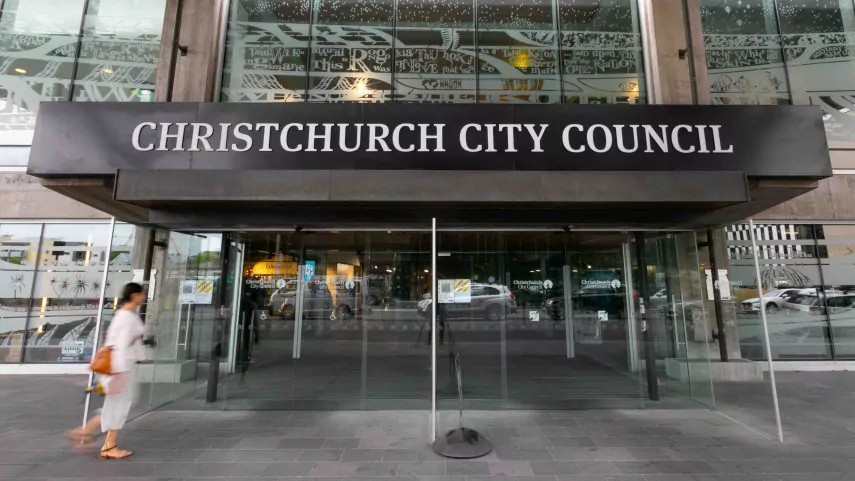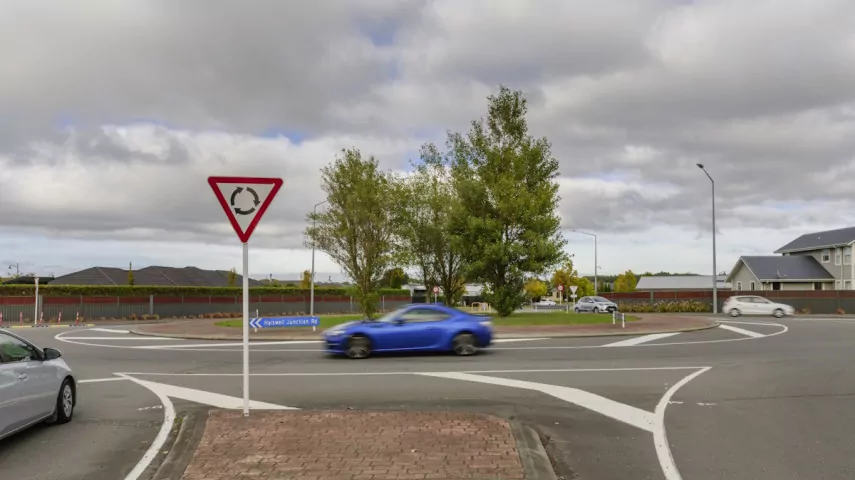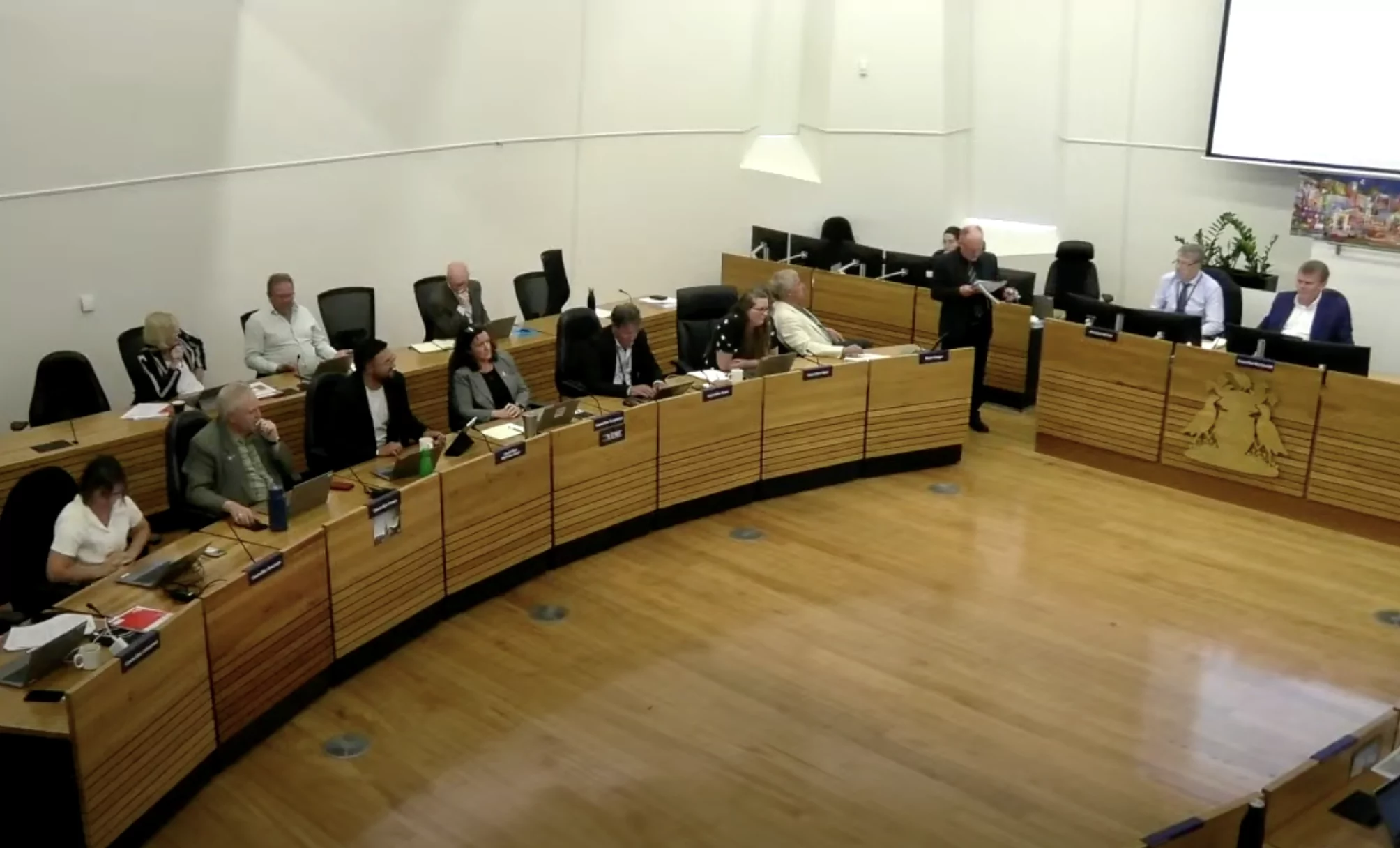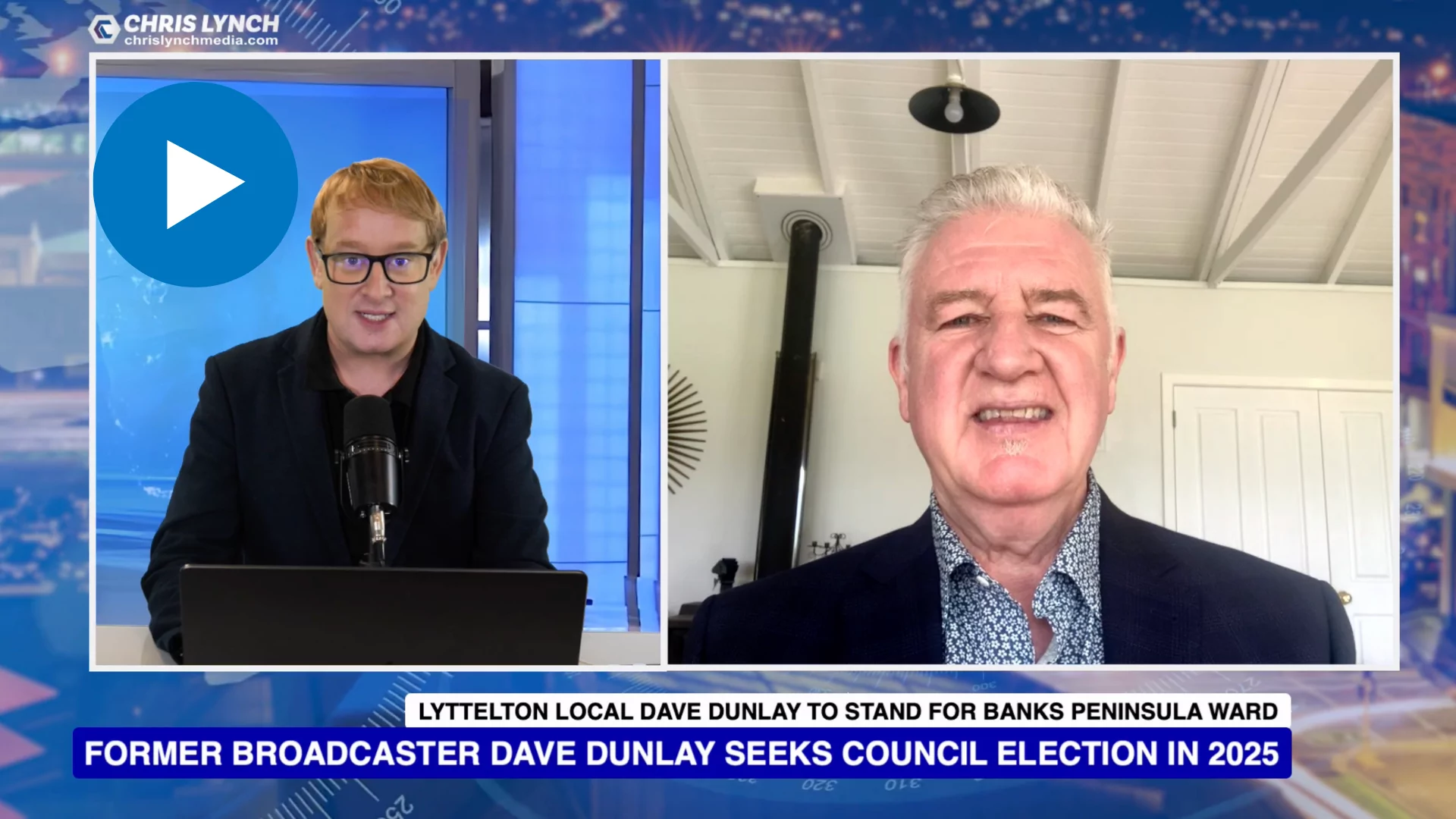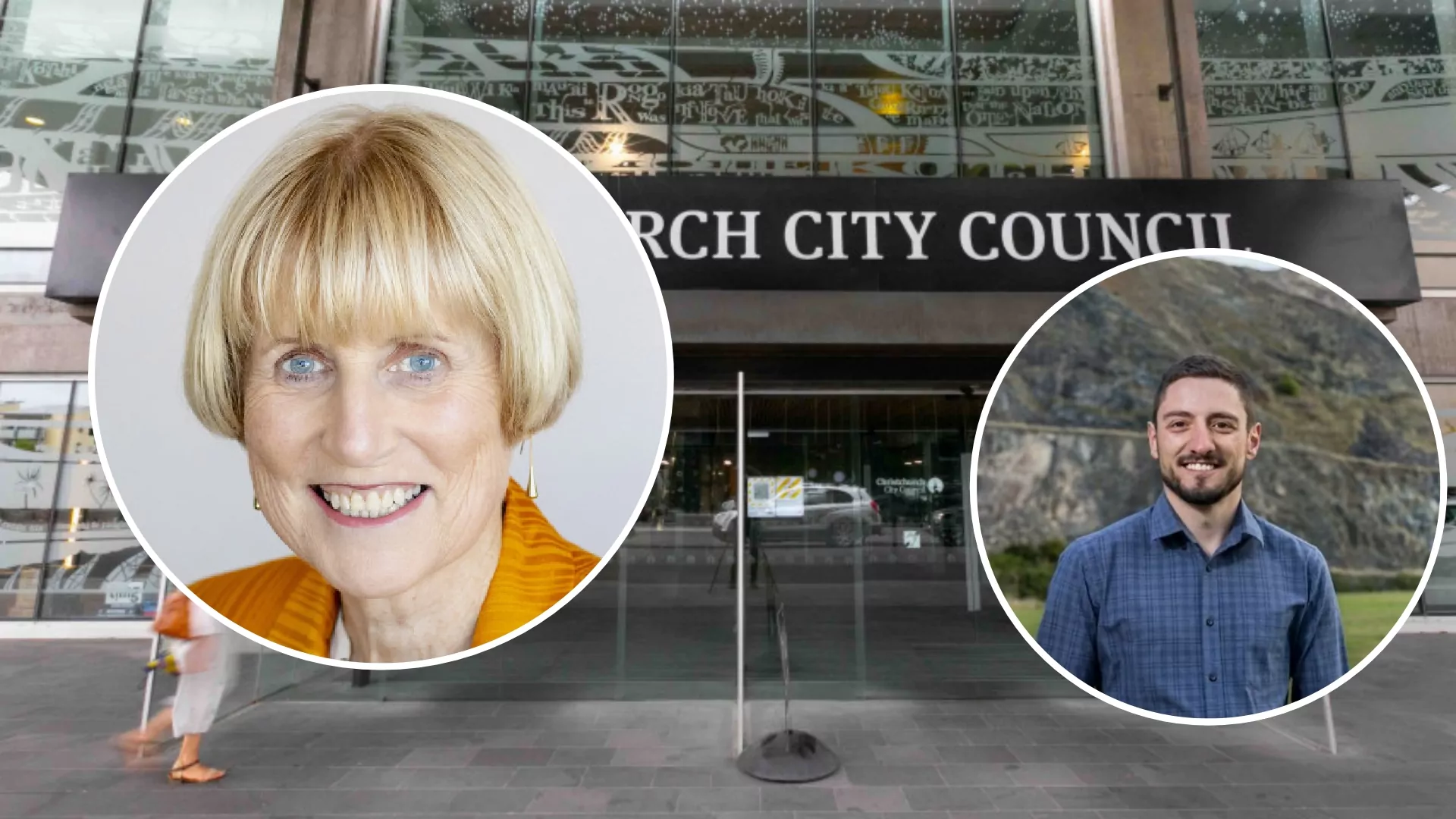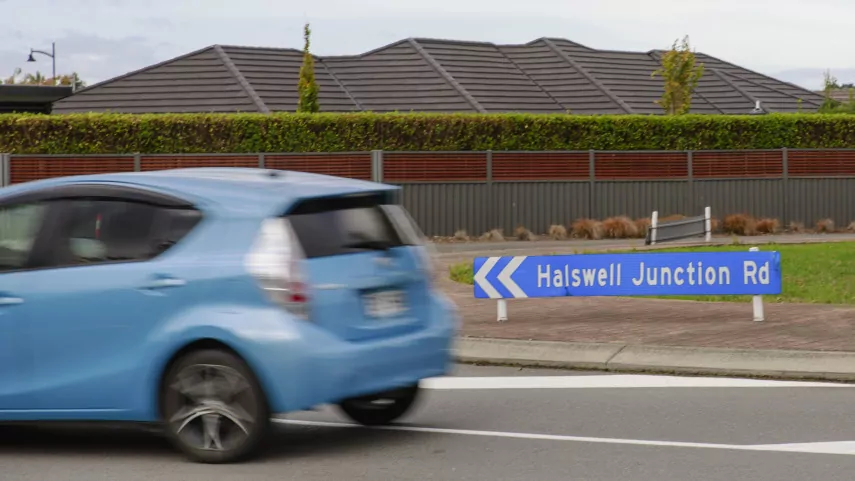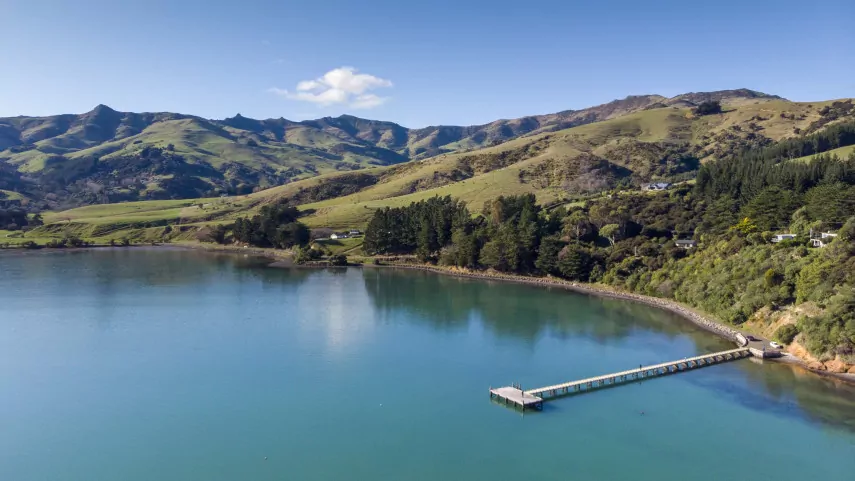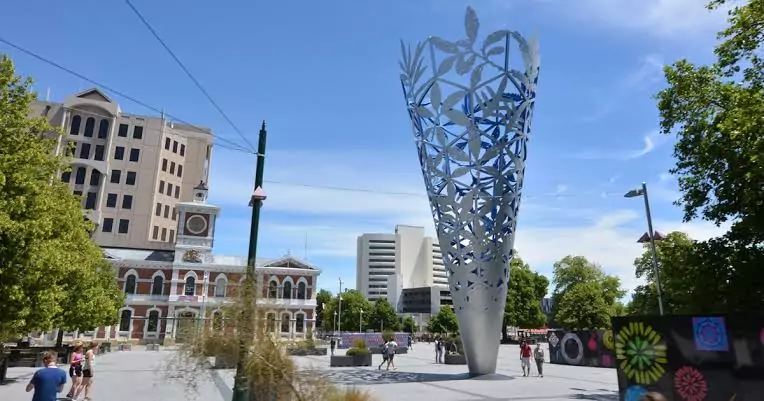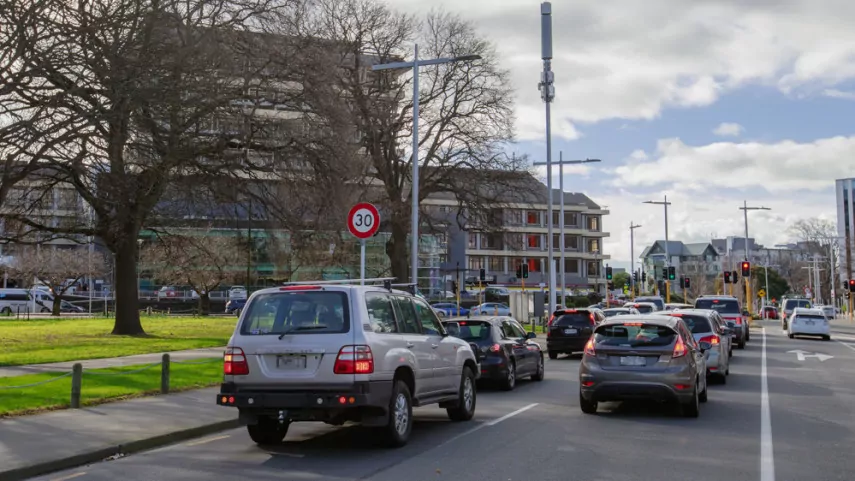Christchurch City Council’s 2024 Annual Report, has highlighted a year of “strong financial” performance despite rising costs and limited budgets.
The report revealed a $49 million surplus, supported by $706 million in capital investments aimed at enhancing the city’s water and transport infrastructure, community facilities, and other key services.
Mayor Phil Mauger described the results as “a great result” for Christchurch and Banks Peninsula, crediting the Council’s effective financial management and commitment to community investment.
“This shows the organisation is doing a great job managing its finances and continuing to invest in the future for everyone who lives here,” he said.
Among the Council’s major projects is the construction of the One New Zealand Stadium at Te Kaha, which Mauger said has been a complex but well-coordinated effort.
“The stadium especially is a huge project with a complex range of activities having to happen at the same time – the build itself and the work on underground infrastructure and surrounding streets. That project is going ahead very smoothly and is running on time and on budget.”
Christchurch saw an increase in capital expenditure to $706 million, up by $90 million from the previous year, reflecting the Council’s continued investment in significant community assets.
Total revenue for 2024 reached $1.2 billion, a decrease of $220 million primarily due to a reduction in government contributions toward the stadium project compared to last year. Despite increased operational costs, the Council maintained a solid financial position, reporting total equity of $18.1 billion and asset growth to $20.8 billion.
Investment highlights included the completion of Te Ara Ihutai, the Christchurch Coastal Pathway, which was officially opened on 30 November 2023, marking the end of a decade-long project. Another key achievement was the Matatiki Hornby Centre, which opened to the public in April and welcomed more than 70,000 visitors within its first 10 weeks.
In addition, work progressed on several other high-profile projects, including the construction of the new Court Theatre in the Performing Arts Precinct and ongoing regeneration in the Ōtākaro Avon River Corridor.
What does this mean for rate payers?
Councillor Sam MacDonald told chrislynchmedia.com “there are two key points – firstly our credit rating remains strong which reduces our cost of borrowing (which in turn reduces the cost to everyone as ratepayers) which is really good, but secondly we should be a break even organisation, so we are minimising the additional rates required.
“When we record a surplus, it means we have taken in more than was needed.
”The Mayor and I have asked that as we work through the next annual plan, any surpluses can be used to repay debt and to offset rate increases.
The finance team are working on what these options are for presentation in the new year.”
